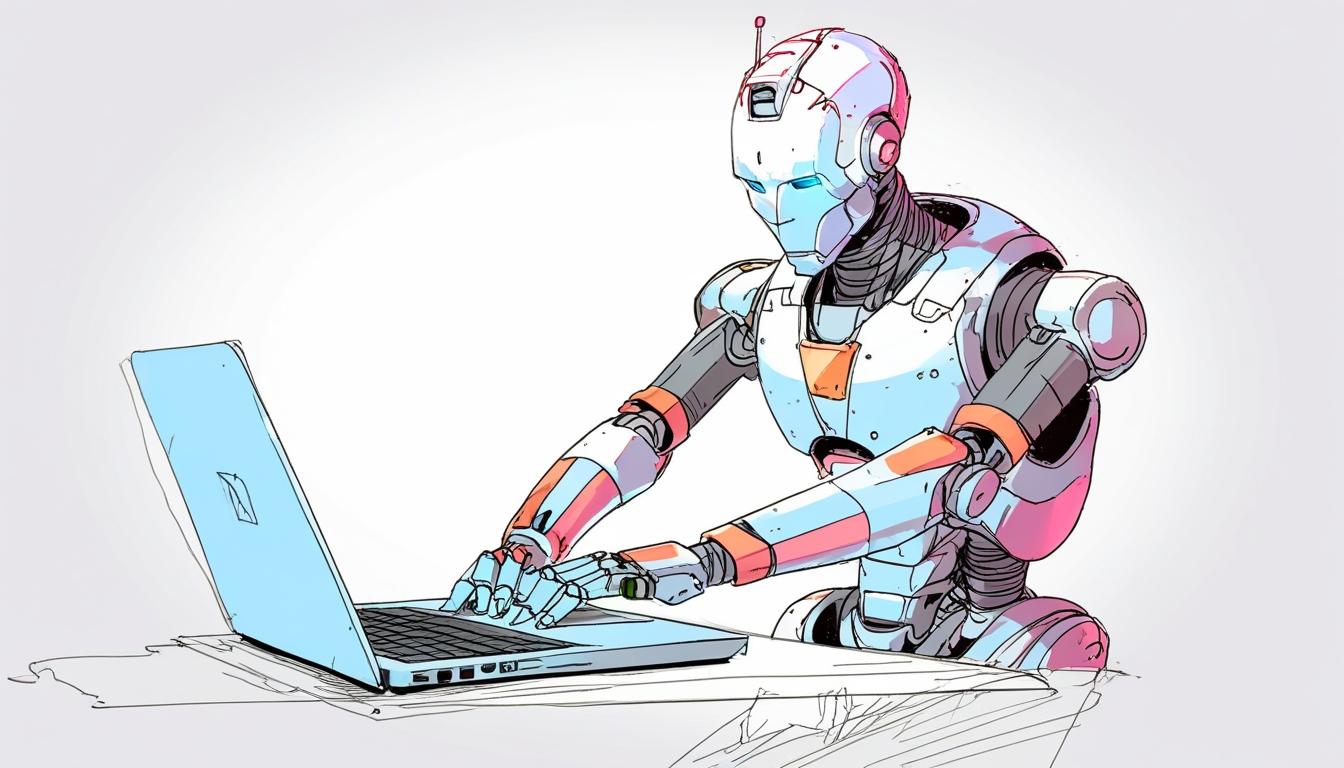Mark Zuckerberg, co-founder and CEO of Meta, recently addressed the transformative potential of artificial intelligence (AI) during his participation in the Stripe Sessions conference. He stated that recent advancements in AI could lead to a significant shift in the tech landscape, particularly for startups, by enabling smaller teams to focus on core business ideas. To illustrate this point, he posited that AI could evolve to serve as a mid-level engineer capable of coding, an idea he had previously shared in a conversation on the Joe Rogan Experience podcast.
Zuckerberg expressed optimism about the effect of AI on product quality, suggesting that small, highly skilled teams could leverage AI to enhance creativity and innovation. "I think that this is just going to lead to much better quality stuff that gets created around the world because now you’re just being able to have these, like, very small talent-dense teams that are, like, passionate about an idea," he remarked. This shift could allow human engineers to concentrate on higher-level problem-solving instead of routine coding tasks, promoting a more strategic and creative environment.
Yet, the benefits of this transition come with caveats. Zuckerberg cautioned that reliance on AI could expose companies to new risks, particularly around security vulnerabilities and the potential for errors in automated code generation without proper oversight. Harry Law, an AI researcher at the University of Cambridge, echoed these concerns, highlighting that uncritical reliance on AI might hinder developers' understanding of system architecture and performance. He warned that this could complicate tasks like scaling and debugging, essential skills in software development.
The tech industry's trajectory seems to support Zuckerberg's forecasts, with other industry leaders voicing similar sentiments. Garry Tan, CEO of Y Combinator, introduced the concept of "vibe coding," where smaller teams harness AI to accomplish what typically requires larger teams. Meanwhile, Tobi Lütke, CEO of Shopify, and Sundar Pichai of Google have both endorsed AI's role in enhancing productivity within their companies.
However, the potential to replace mid-level engineering roles raises significant implications for the job market. Reports suggest that leading AI firms, like OpenAI, may soon announce advancements involving super-agents capable of executing complex tasks. This could lead to a paradigm where AI does not merely assist but replaces human workers in certain capacities. The conversation reflects broader uncertainties within the industry, where professionals fear the consequences of transitioning to an AI-driven landscape.
A report indicated that while integrating AI into coding processes may initially be costly for companies, the long-term efficiency gains could outweigh these drawbacks. Nevertheless, Zuckerberg indicated that for now, positions would not be immediately eliminated; Meta plans to fill affected roles over the upcoming years.
As the dialogue around the integration of AI in software development continues to evolve, it is clear that while the technology may streamline operations and foster innovation, it also presents challenges that must be thoughtfully addressed. The balance between harnessing AI's capabilities and maintaining a skilled workforce will be pivotal as the tech industry moves toward a future increasingly shaped by artificial intelligence.
Reference Map
- Paragraph 1: [1]
- Paragraph 2: [1], [3]
- Paragraph 3: [1], [4], [5]
- Paragraph 4: [2]
- Paragraph 5: [6]
- Paragraph 6: [7]
Source: Noah Wire Services
